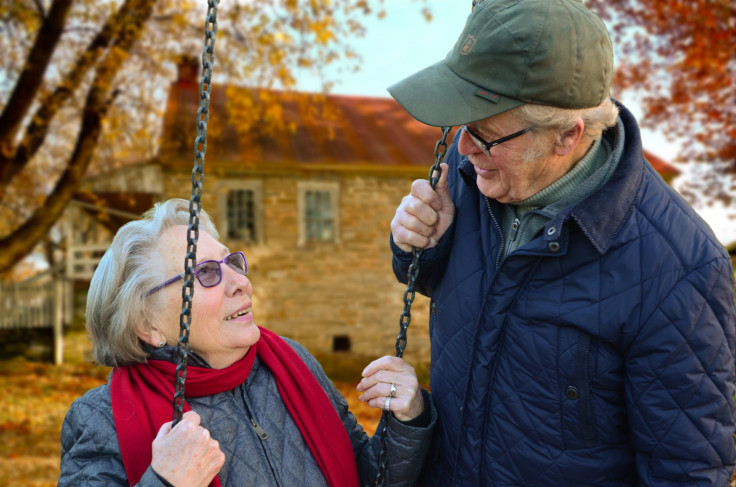Very Low-Carbohydrate Diet Found Beneficial For Elderly Population With Obesity

KEY POINTS
- Obese people age 65 and older have higher risk of developing cardiovascular diseases
- Scientists conducted a randomized clinical trial with 34 old adults with obesity problems
- Very low-carb diet found beneficial for elderly with obesity, Type 2 diabetes
A team of scientists determined if the very low-carbohydrate diet could help lower the risk of cardiovascular disease in the elderly population with obesity.
The National Institute on Aging has said that people age 65 and older have a higher risk of developing cardiovascular diseases, such as coronary heart disease, stroke and heart failure due to their eroding quality of life. And the risk is even higher in older adults who are overweight or obese.
Aging adults with obesity tend to have problems with insulin resistance, as well as visceral adipose tissue and intermuscular adipose tissue accumulation. These issues cause fats to deposit in the abdominal cavity and skeletal muscle, which then increases the risk of health issues affecting the heart.
To find out if a very low-carbohydrate diet is helpful in reducing the risk, a team of scientists with the University of Alabama (UAB) at Birmingham’s Nutrition Obesity Research Center, led by Amy M. Goss, PhD, RDN, conducted a randomized clinical trial with 34 men and women aged 60-75 years with obesity problems. Their findings were then published in the journal Nutrition and Metabolism.
For the study, the subjects were split into two groups. One was prescribed with the very low-carbohydrate diet while the other was subjected to the standard low-fat diet for eight weeks. Throughout the course of the study, the participants’ body composition, fat distribution, insulin sensitivity and lipid profile were regularly checked and compared.
Goss and her colleagues found that the group on the low-carb diet lost more visceral adipose tissue or fat than the other group. There was also a significant reduction in the low-carb diet group’s intermuscular adipose tissue. Greater increases in insulin sensitivity and decreases in fasting blood sugar and triglycerides were also noted.
"We also found significant improvements in the overall lipid profile that would reflect decreased risk of cardiovascular disease," Goss, who serves as an assistant professor with UAB’s Department of Nutrition Sciences, said in a statement. "Overall, we observed improvements in body composition, fat distribution and metabolic health in response to an eight-week, very low-carbohydrate diet."
The findings prompted the team to conclude that the very low-carbohydrate diet would be beneficial for older adults with obesity. Goss also said that the diet would be a good therapeutic option for old people with Type 2 diabetes and non-alcoholic fatty liver disease as well.
© Copyright IBTimes 2025. All rights reserved.





















